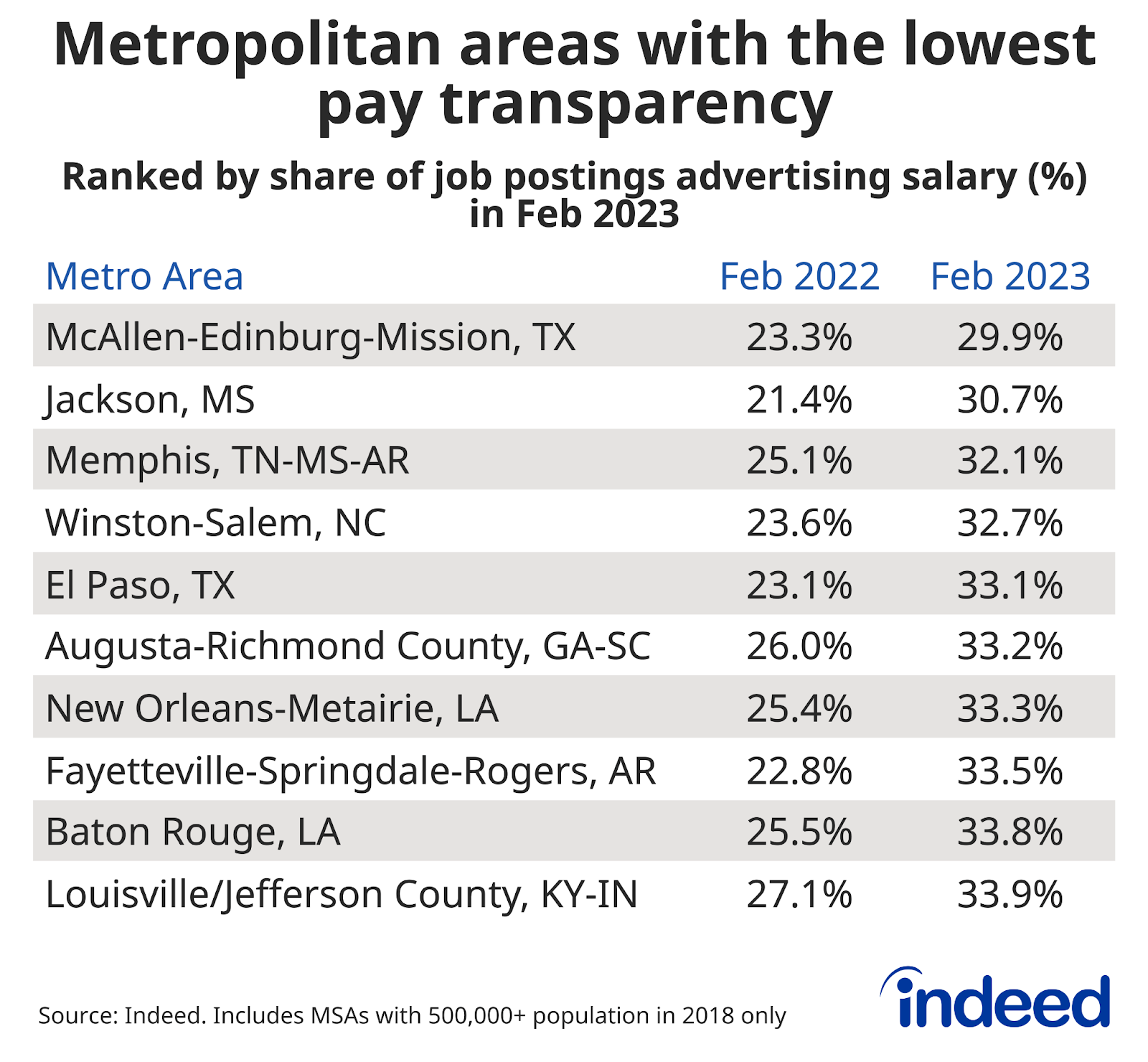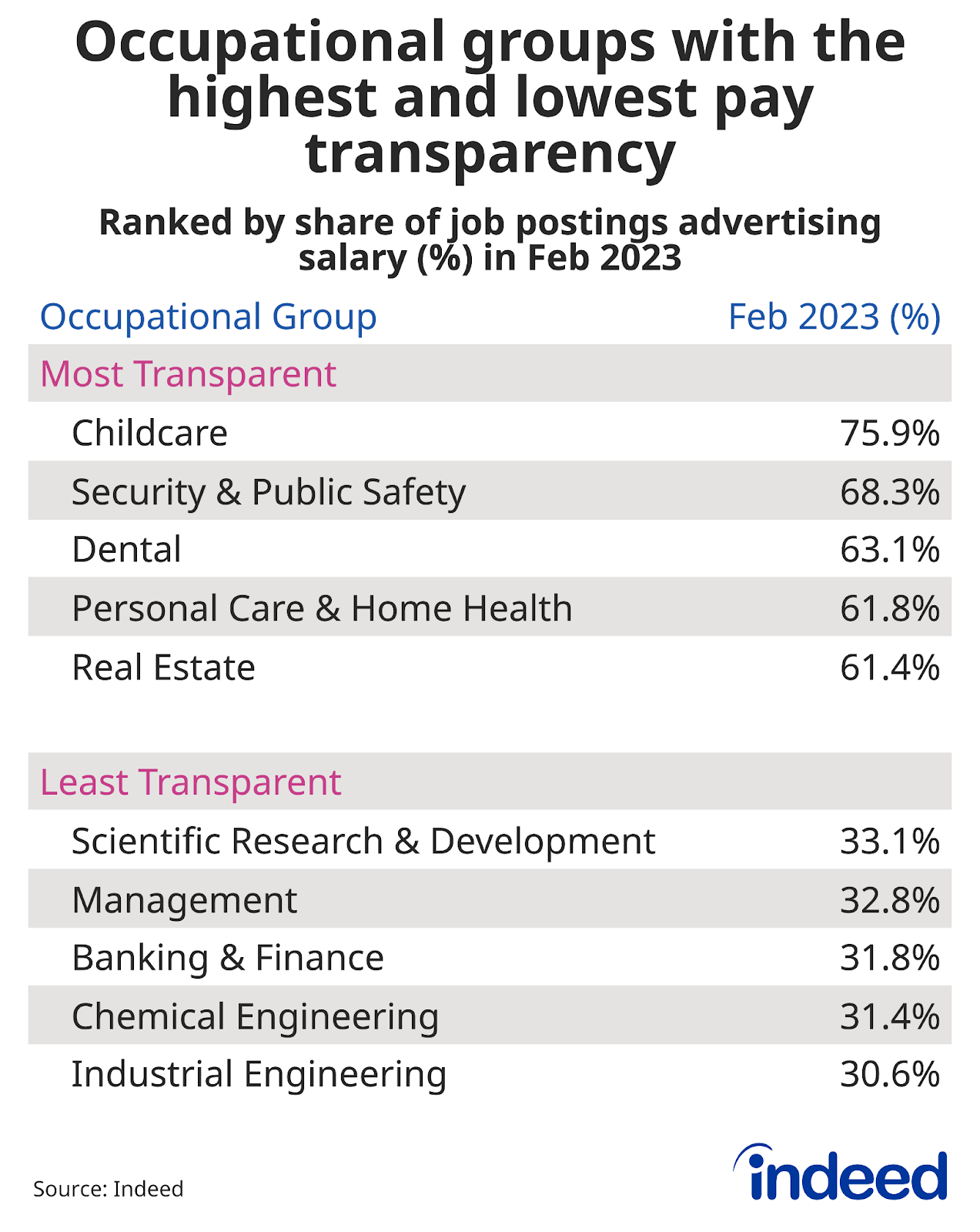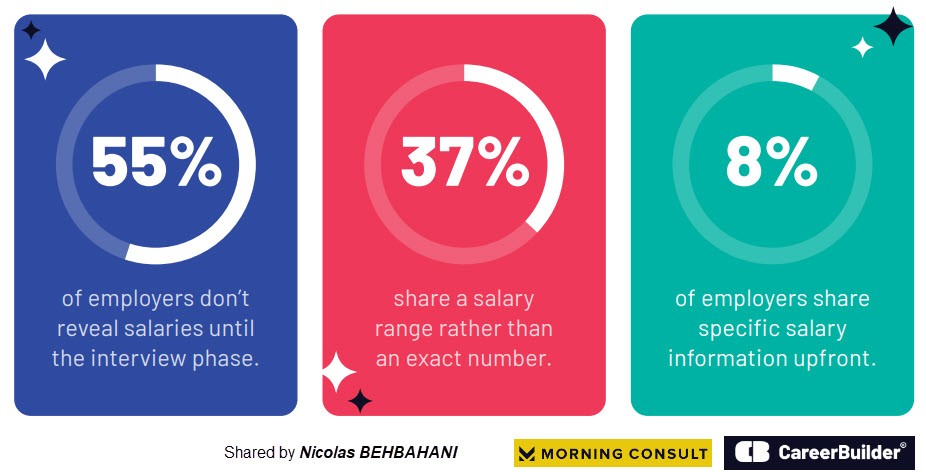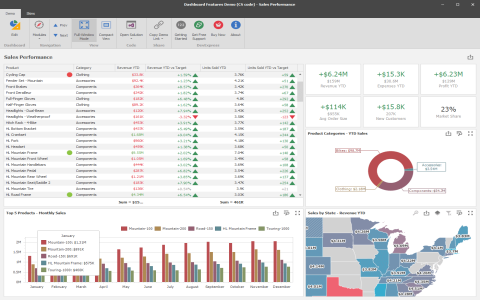Alright folks, let me walk you through my mess today. Seriously, trying to figure out actual pay for jobs feels like chasing ghosts sometimes. Went down a rabbit hole wanting to compare salaries properly, you know? Heard folks online whispering about this stuff, but man, getting real numbers?

What I Thought Would Be Simple
I started thinking, “How hard can it be?” I mean, people online talk salaries all the time, right? I figured I’d grab some numbers, throw them in a spreadsheet, bam, clear picture.
Got myself a big coffee – knew I’d need it – and fired up the browser.
Diving In and Finding Chaos
First, I tried searching specifically for pay info. Typed in stuff like “actual pay for [job title]” hoping for gold. Mostly got useless pages, old reports nobody updates, or dumb salary calculators that seem way off.
Frustrating.
Then I remembered hearing about sites meant for this exact thing – like anonymous places people share what they really earn. Found a couple names mentioned a lot.

Okay, hope! Went digging there.
Holy smokes. The “data” in these places? It’s a total wild west show:
- Massive ranges: Same job title? Could be like 30K different from low to high. Company size? Forget it.
- Weird details: One person says $80k plus bonus. Another puts $75k base, $10k bonus, $5k yearly stock. How do I even compare?
- Location chaos: Someone says “Los Angeles” but is it downtown? Suburbs? No clue. City jobs versus the middle of nowhere? Pay difference is nuts.
- Title insanity: “Software Engineer II”? What the heck does ‘II’ even mean? One company might call someone ‘Senior’ who’d just be ‘Mid-level’ at another. Labels are useless.
Started copying and pasting bits into a spreadsheet. Felt my brain melting after about twenty entries. How are you supposed to make sense of this?
Trying to Make Sense of the Mess
Desperate times. I tried filtering:
- By exact company name? Better, but still huge ranges within one company for the same role.
- By years of experience? Good luck. You can filter 3-5 years, but the quality of that experience? Big diff.
- By location? Sure, ‘San Francisco’ helps. But even there, downtown versus an hour out? Pays different. Plus, remote? Hybrid? Office? Chaos.
My spreadsheet looked like a toddler attacked it with crayons. Colors everywhere trying to mark different companies, locations, experience levels. Utter madness.

Got annoyed. Tried another site, same stupid problem. Different layout, different ways people enter data, different filters. Just wasted another hour. Browser tabs multiplying like rabbits. My coffee? Long gone cold.
What Actually Kinda Worked?
After wanting to scream, I gave up on finding some perfect comparison tool. Found one specific page feature on a site – wasn’t obvious at first – where you could see the spread for a specific job title at one company. Like, it shows the low, typical, high end reported. That’s actually kinda useful.
Still vague, but seeing “Project Manager @ XYZ Corp: Reported $65K – $90K” – that gives you something, a real range. Way better than just a single number.
Started focusing on those range views for specific combos I cared about:
- Pick one company I knew.
- Pick one exact job title listed for that company.
- Look only at the reported range.
Still had to dig through piles of unrelated data to find those specific gems. But less insane than trying to compare apples to oranges to spaceships across the board.

What I Learned (The Hard Way)
Alright, after sweating over this for way too long:
- Forget precision: Trying to find the “exact” number for a job is stupid. Won’t happen. Focus on ranges, and treat them like fuzzy snapshots.
- Context is KING: If a number doesn’t tell you the exact company, location, years, and exact role details? Ignore it. Totally worthless.
- Sites are messy: They drown you in info, much of it useless. Don’t get lost in reviews, company ratings, or any other fluff while trying to compare pay.
- Patience needed: You gotta dig specifically for those company + title combo ranges. Takes time. No shortcuts that actually work.
In the end, I felt like I barely scratched the surface, but at least I found those few specific ranges that mattered to me. It’s raw info, messy as heck, but maybe… sorta… possibly useful? More like getting a vibe than hard facts.
Honestly? Made me realize why people just negotiate blindly. It’s a jungle out there. Wish I had a magic answer for you all. Just gotta grab the useful bits where you find ’em and run before the data headache sets in.




